
AAVMC Changing Its Name
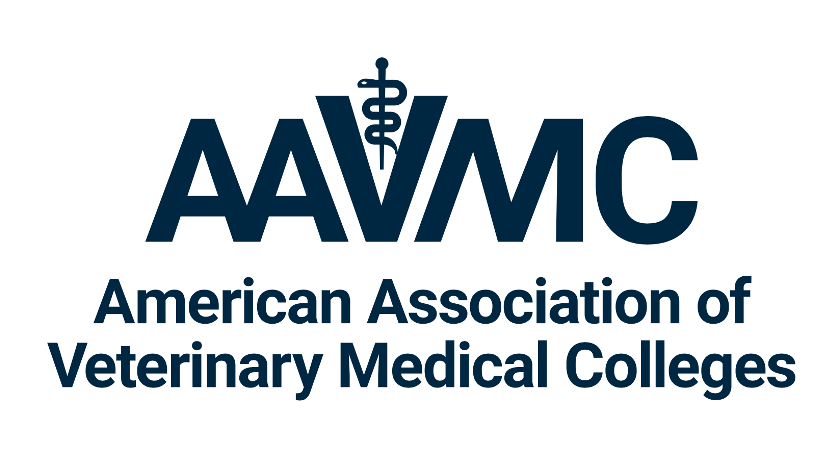
The AAVMC has changed its name from the American Association of Veterinary Medical Colleges to the American Association of Veterinary Medical Colleges.
The wording change, although subtle, now correctly denotes that our international members are part of an American-based association, linked by a common accreditation system. In contrast, the former name described the colleges as American-based.
This action was undertaken to recognize the AAVMC’s evolving role as an international organization. AAVMC leaders have been considering the need for a name change ever since international colleges and schools of veterinary medicine became eligible for accreditation by the Council on Education (COE), thereby qualifying for AAVMC membership.
Presently, 22 of the 55 COE-accredited schools are outside the United States. In addition, AAVMC includes 12 Collaborative and Provisional Members from outside of the United States that are not yet accredited by the COE.
“Our international members told us that they wanted us to retain the word ‘American,’ indicating their association with the American accreditation system,” said AAVMC CEO Dr. Andrew T. Maccabe. “Because of that preference, the term ‘international’ was not included in the new name, even though institutions from throughout the world are eligible to qualify for membership.”
The new name preserves the existing acronym, which has earned strong brand recognition among internal and external stakeholders, so it will require minimal work in rebranding. The AAVMC conducted a brand refresh following the introduction of the new strategic plan last year, and the graphic “look” of our organization will remain the same.
Over the past several weeks, we have been working with governmental and regulatory agencies such as the District of Columbia Department of Consumer and Regulatory Affairs, the Internal Revenue Service, the U.S. Patent & Trademark Office, financial institutions, vendors and others to update official records and registrations.
Our first public communication will occur in our Vet-Med Educator newsletter, which releases on Friday April 9. On Monday we will begin the process of updating signage, collateral materials, communication product mastheads, social media platforms, etc.
The process of fully implementing the new name is expected to take several months. If you have any questions or needs related to this matter, please contact Chief Communications Officer Jeff Douglas at jdouglas@aavmc.org.
CBVE Helps CVMs Cope with Pandemic Challenges, Improve Teaching and Assessment
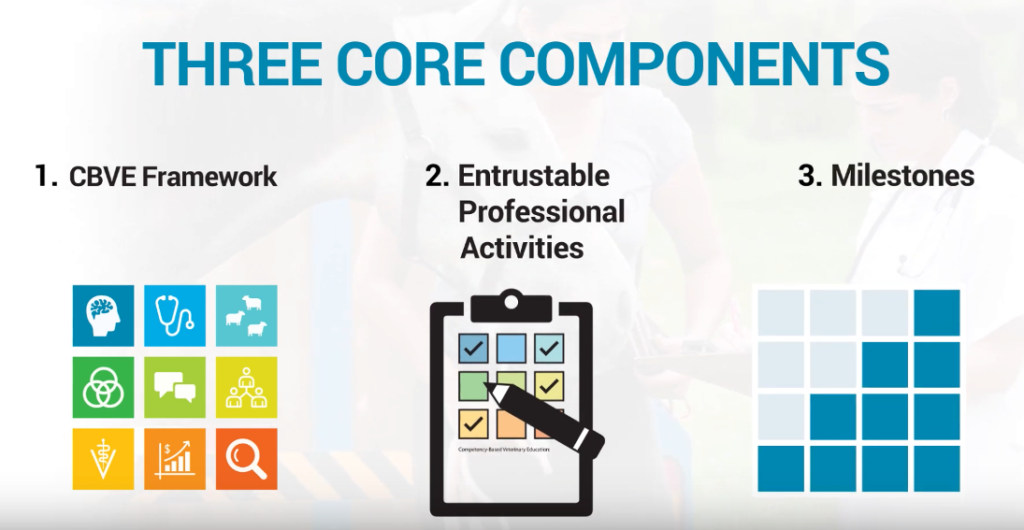
Sometimes, it takes a crisis to propel constructive change. That’s exactly what happened when the pandemic forced veterinary medical colleges to adopt new teaching approaches.
When colleges were looking for ways to adapt to online learning, the AAVMC’s Competency Based Veterinary Education (CBVE) curriculum provided a way for some colleges to segue into new learning approaches and evaluation methods.
CBVE focuses on skills and competencies, measured on a sliding scale, versus letter grades. The AAVMC-supported initiative resulted from a working group, first formed in 2015, that developed a modern, outcomes-based competency framework for veterinary education and clinical assessment.
During a recent presentation at the AAVMC’s 2021 virtual conference, Dr. Emma Read from The Ohio State University College of Veterinary Medicine explained that CBVE is a trilogy of three basic elements: a framework of 32 competencies, milestones for each competency (on a sliding scale from novice to proficient) and Entrustable Professional Activities (EPAs), which integrate subsets of competencies and skills that are required for routine veterinary work.
When the pandemic hit, Ohio State’s Office of Teaching and Learning developed a course for faculty on online teaching. The course used the CBVE framework to guide faculty in how to define and measure course competencies. As a result, said Dr. Read, assessment became more collaborative, there was better learner oversight, and students reported that they felt more engaged than when teaching was lecture based and relied primarily on one or two midterms and a final.
“This became an improvement over what we had before,” said Dr. Read. “It helped faculty to focus on program assessment. As we collected snapshots in every course and put them together, we were able to get a much better picture of the learner and what they were capable of.”
In a similar way, adopting CBVE’s EPAs for fourth-year clinical rotations helped the University of Minnesota College of Veterinary Medicine to improve feedback, transition from an A-F grading system to pass/fail and adapt to COVID challenges, said Dr. Erin Burton.
Dr. Jennifer Hodgson from the Virginia-Maryland College of Veterinary Medicine at Virginia Tech shared thoughts on how the pandemic has increased the need for telehealth and telemedicine competencies and how those might be measured going forward.
“Veterinarians must be able to assess, select and implement technology to optimize the client/patient experience, delivery of healthcare and work-life balance for the veterinary team,” she said.
Learn more about CBVE: The AAVMC’s Competency Based Veterinary Education Program – YouTube
Diversity Reads Program Getting Underway With Second Book
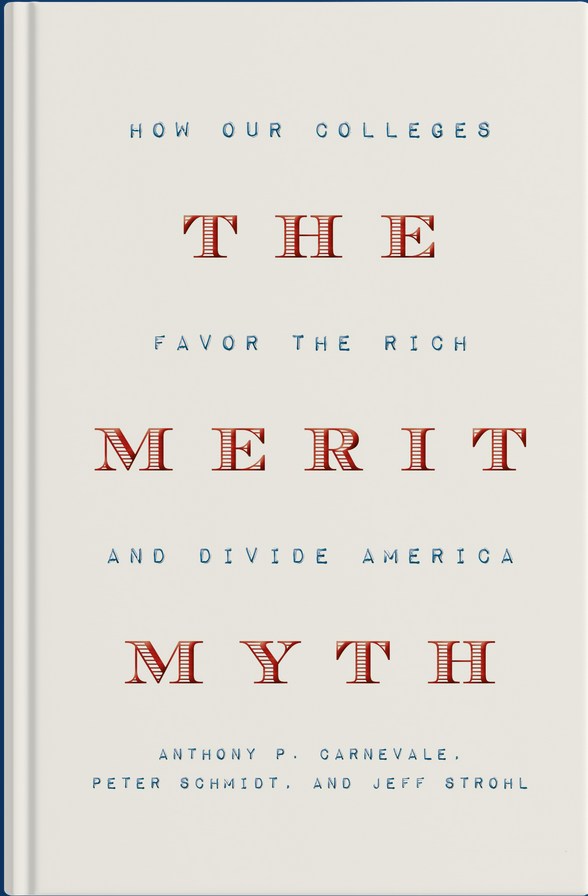
The AAVMC’s Community Diversity Reads Book Club got underway last fall with about 100 participants who read and discussed Academic Ableism by Jay Dolmage, which culminated with his keynote during the annual conference. Operating virtually, the club is focusing on texts that explore diversity, equity and inclusion issues in higher education.
The goal, according to AAVMC Senior Director for Institutional Research & Diversity Dr. Lisa Greenhill, is to inspire and enhance cultural change in our colleges and schools through intellectual discussion and reflection. Next up on the agenda is The Merit Myth – How Our Colleges Favor the Rich and Divide America. Virtual discussion gets underway on May 26, and those interested can sign up by clicking here.
One Health Bill Re-Introduced in 116th Congress

A bill that will help the federal government take a more effective approach to managing zoonotic disease threats and pandemic emergencies has been reintroduced in Congress. The Advancing Emergency Preparedness Through One Health Act requires federal agencies such as the Department of Health and Human Services (HHS), the Agriculture Department (USDA), and the Department of Interior (Interior) to adopt a One Health framework and creates more efficient inter-agency cooperation in this area. The bill was introduced in the 15th Congress.
“The global COVID-19 pandemic is a devastating example of why this legislation is so critically important,” said AAVMC CEO Dr. Andrew T. Maccabe. “In order to successfully deal with threats like this in the future, we must take an integrated approach to solving the public health and food security threats that are emerging at the intersection of humans, animals and the environment. Better coordination among the different agencies and secretariats involved in health and agriculture will help leverage their strengths and make them more effective.”
If passed, the bipartisan Advancing Emergency Preparedness One Health Act will:
- Advance workforce development related to preventing and responding to disease outbreaks in animals and humans
- Improve coordination between federal agencies studying human, animal health, and the environment
- Foster understanding of the connections between human, animal, and environmental health
S. 861, sponsored by Senator Tina Smith (D-Minn) and Todd Young (R-Pa), has been referred to the Senate Committee on Health, Education, Labor and Pensions for consideration. Sponsored by Representatives Kurt Schrader (D-Oregon) and Dusty Johnson (R-South Dakota), H.R. 2061 has been referred to the House Committee on Energy and Commerce and to the Committees on Agriculture, Natural Resources, and Foreign Affairs.
Study Examines Wellbeing Among Interns, Residents

Soon after joining the AAVMC in April 2020, Director for Wellbeing Makenzie Peterson began working on the Clinician Wellbeing Initiative, a comprehensive program designed to assess the wellbeing of various groups in the profession. The initial work, focused on interns and residents, was the first to generate national level data on intern and resident wellbeing in the veterinary medical profession.
Working in collaboration with the American Association of Veterinary Clinicians (AAVC) and sponsored by Zoetis, the work surveyed current interns and residents in both academic, private, and corporate settings about their physical, mental, and professional wellbeing utilizing validated instruments. The survey was disseminated in December 2020, and Peterson shared some of the data and organizational recommendations during the AAVMC’s 2021 Annual Conference in early March.
The grueling hours and high-pressure environments faced by medical interns and residents are well recognized, and anecdotally, it makes sense that clinicians in training experience a lot of stress. But data generated by the study underscored and punctuated those concerns. Almost 30% of respondents reported having a spectrum of suicidal thoughts and 60% said they felt emotionally drained by their work a few times a week or every day.
Some of the factors identified that contributed to a poor learning experience for trainees included uncapped work hours, inadequate staffing levels and support, and limited to zero mentorship as part of the experience. The work has provided empirical support for making some constructive changes that will improve those working conditions and operating environments in the future.
Peterson is working with the Journal of the American Veterinary Medical Association on the publication of an executive summary of the data in an upcoming edition of JAVMA and more detailed information will be available in the future.
AAVMC’s next phase of the Clinician Wellbeing Initiative will be to survey faculty and clinicians in early 2021 and again provide organizational recommendations.
AAVMC’s national level wellbeing surveys will be conducted every two years, according to Peterson, and will expand the body of research on mental health and wellbeing within academic veterinary medicine.
For more than a year, the AAVMC has been developing and implementing a systems-based wellbeing plan for member institutions. Peterson has developed a comprehensive operations plan and is working closely with college and members of the Academic Veterinary Wellbeing Professionals (AVWP) on programs that promote optimal wellbeing programs and cultural change at the institutional level.
Diversity & Inclusion on Air Returns After Brief Hiatus
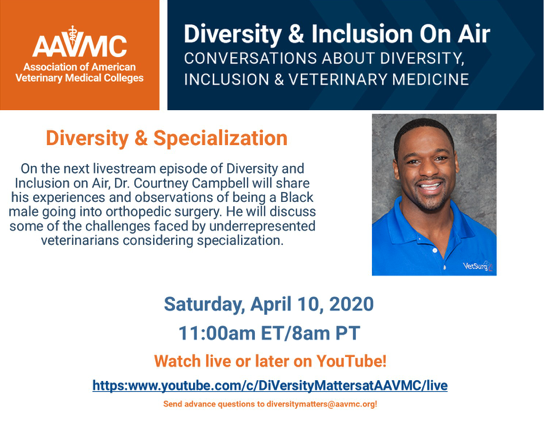
After a brief hiatus, the AAVMC’s acclaimed “Diversity & Inclusion on Air: Conversations about Diversity, Inclusion and Veterinary Medicine” podcast has returned to the “airwaves.”
Coming up on April 15, the program will feature an interview with Dr. Courtney Campbell, who will discuss some of the challenges faced by underrepresented veterinarians as they seek to earn board certification in veterinary specialty colleges such as the ACVS and the ACVIM. That program livestreams on Saturday, April 10 at 11 a.m. eastern time.
An April 7 program titled “Widening Participation in the UK” featured an interview with British Veterinary Association Senior Vice President Dr. Dos Santos.
Both programs can be found on the AAVMC’s DiVersity Matters YouTube channel and on our SoundCloud channel.
Launched in fall 2015, the program regularly covers a wide range of topics in diversity, equity and inclusion, and features guests from across the veterinary medical profession, and beyond.
The podcast produces new episodes on a regular basis through YouTube and Soundcloud. During special live-casts of the show, participants and viewers are able to access the program on YouTube, post questions, engage in a chat room during the program. Audio only versions are available via most podcast applications, such as iTunes, Stitcher and Google Play.
AAVMC’s Peterson, AVMA’s Brandt Present Suicide Prevention and Mental Health Webinar
Makenzie Peterson, AAVMC Director for Wellbeing, and Dr. Jen Brandt, AVMA Director of Member Wellness and Inclusion Initiatives, recently presented a webinar on “Suicide Prevention and Mental Health.” The two experts discussed the latest research on suicide prevention and response within the profession, risk factors, the importance of using culturally appropriate, evidence-based strategies to promote mental health, and methods for safely intervening in a mental health crisis – all vital steps in building healthy communities and supporting our colleagues and peers. The webinar is free to all who are interested in viewing it, but non-AVMA members will need to set up a non-member account. For more information and access, please click here.
Literature Examines Therapeutic Value of the Human Animal Bond
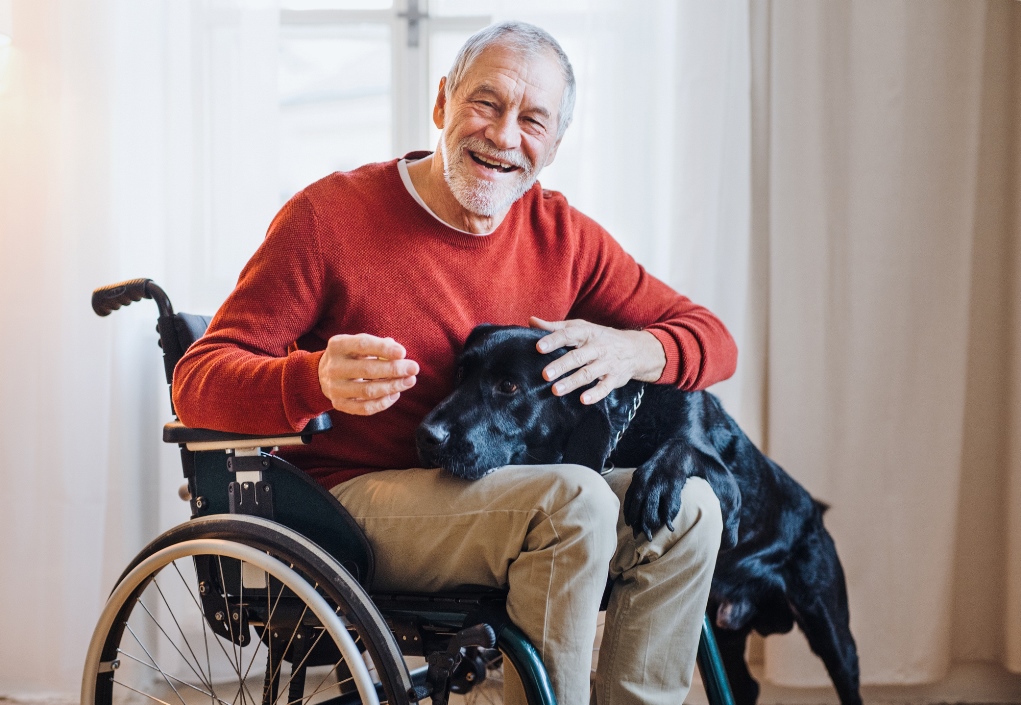
A recently published article demonstrates increased scientific inquiry into the therapeutic foundations of the human-animal bond. “A Panorama of Human-Animal Interactions Research: Bibliometric Analysis of HAI Articles 1982-2018” demonstrates that more than 1,700 academic papers have been authored in this area since 1982 and that the rate of publication has quadrupled over the past 10 years.
Much of the growing interest could result from advocacy work conducted by the Washington, D.C. based Human-Animal Bond Research Institute (HABRI), a group that works closely with the AAVMC.
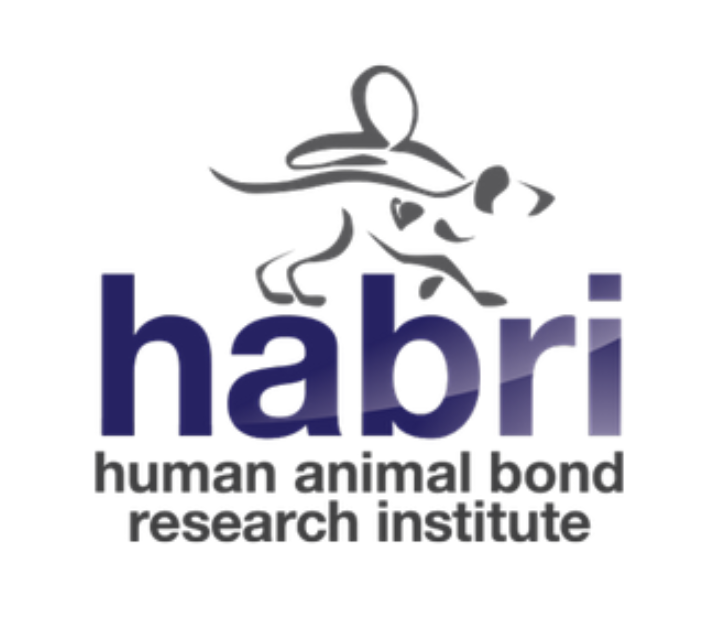
HABRI is now the 3rd largest U.S. funder of human-animal interaction research, behind the National Institutes of Health (NIH) and the National Science Foundation (NSF), according to HABRI President Steven Feldman. The group has funded more than $3 million in research since its inception in 2010.
The non-profit organization works to “establish, through science, education and advocacy, the vital role of companion animals in the health and well-being of individuals, families and communities.”
Interprofessional Education Collaborative (IPEC) to Present “Building Interprofessional Education for Collaborative Practice and Health Equity” in May 2021
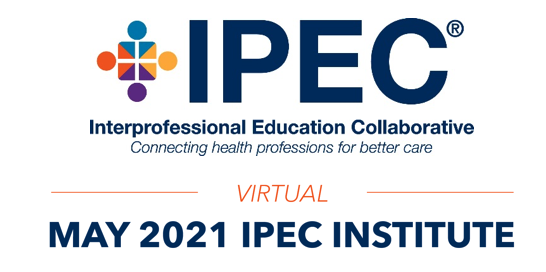
The Interprofessional Education Collaborative (IPEC) will present a virtual faculty development institute titled Building Interprofessional Education for Collaborative Practice and Health Equity in May 2021.
The meeting, specially designed for faculty teams, health partners, and single learners who are new to or early in their adoption of interprofessional education, will be presented through virtual sessions on May 18th, 20th, 25th, and 27th.
For more information, contact Allison Jacobs at ajacobs@aacnnursing.org or 202-463-6930 ext. 278.
The AAVMC works closely with other members of the Federation of Associations of Schools in the Health Professions (FASHP) on IPEC programs, which are designed to encourage collaboration among the various schools in the health professions.
In the News
Schrader and Johnson Renew Bipartisan Push to Improve Public Health Preparedness with Coordinated “One Health” Approach
One Health News
AAVMC Study Reveals Direct and Indirect Bias in Admissions Processes
dvm360
One Year Later, We Still Have No Plan to Prevent the Next Pandemic (opinion)
New York Times
Why Airlifting Rhinos Upside Down is Critical to Conservation
CNN
$11M Donation to Build MU Imaging Center
Veterinary Practice News
JVME’s New Editor in Chief Makes History
dvm360
Gene Therapy Might Offer Relief for Canine OA
Veterinary Practice News
Could Another Sickness Jump From Animals to Humans? “We Can Bet On It”
Spectrum News
The Great Political Divide
Today’s Veterinary Business
Scientists Detect Disruptions in Akt Protein Can Cause Bipolar Disorder
Wionews
Scientists Have Found Out the Cause of New Outbreaks of COVID-19
Pledge Times
ASF Has the Potential to Spread Through Feed Says New Research
Pig World
From Our Members
Research on Coronavirus Variants at UW Lab Gets $60 Million Boost
University of Wisconsin
Innovative Research May Help Solve Crimes by Unearthing Powerful New DNA Evidence
North Carolina State University
Sask Awarded $6.76M to Conserve Bison, Boost Cattle Production
University of Saskatchewan
Capitalizing on Measles Vaccine’s Successful History to Protect Against SARS-CoV-2
The Ohio State University
Dean Lunn Begins Term as AAVMC President
North Carolina State
Texas A&M Research Uncovers First Known COVID-19 UK Variant in Animals
Texas A&M
New Treatment Helps Paralyzed Dog Walk Again
Washington State University
‘We Get to Teach the Best’: Dean President-elect of AAVMC
Oregon State
To see a news feed featuring breaking news from our member institutions, please click here.
“Like” us on Facebook or follow us on Twitter, LinkedIn, and Instagram:




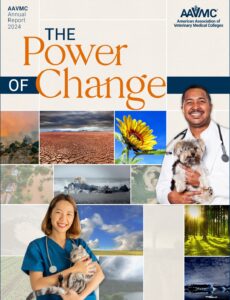




SHARE